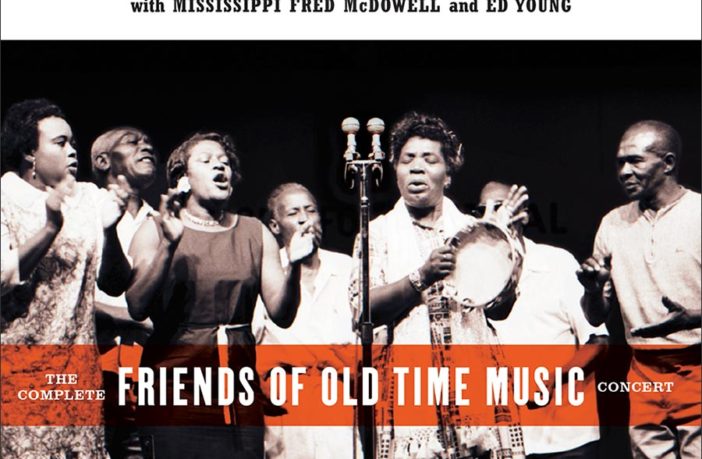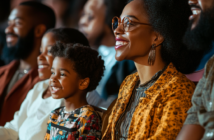A live recording of a concert can be a time capsule, capturing a moment that reverberates through history. On June 14, 2024, Smithsonian Folkways Records will unveil “The Complete Friends of Old-Time Music Concert,” a remarkable relic from April 1965. This concert, featuring Bessie Jones, John Davis & the Georgia Sea Island Singers, alongside Mississippi Fred McDowell and Ed Young, stands as a testament to the intersection of Black folk traditions and civil rights activism.
At the heart of this recording are the haunting melodies of the Georgia Sea Island Singers. Led by Bessie Jones and John Davis, these Black folk songs and spirituals resonate with a deep connection to African roots. Their lyrics, encoded with messages of resistance and resilience, echo the struggles of generations past. From the brutal realities of slavery to the ongoing fight for equality, these songs serve as both a testament to the past and a rallying cry for the future.
Accompanying the Georgia Sea Island Singers are Mississippi Fred McDowell, a master of country blues, and Ed Young, a virtuoso cane fife player from Mississippi. Together, these artists create a tapestry of sound that captivates and inspires. Yet, beneath the surface of their music lies a profound subtext—a commentary on the tumultuous times in which they lived.
As folklorist Alan Lomax optimistically proclaims in the concert’s introduction, we are the road to world peace and integration, and the silence of the Black performers speaks volumes. Their songs tell a different story—one of struggle, perseverance, and defiance.
For Mable Hillery, a civil rights activist and member of the Georgia Sea Island Singers, music was not just a form of expression but a tool for change. “If I can’t march, I can sing,” she declares, embodying the spirit of resistance that permeates the concert hall.
For Peter Siegel, who recorded the original concert, the significance of this event extends beyond mere entertainment. “Bessie Jones and John Davis were very aware of their mission to help people understand this music—where it came from and how it could inform the future.” he explains.
Indeed, the Friends of Old-Time Music Concert was more than just a gathering of talented musicians—it was a call to action, a plea for justice, and a celebration of resilience.
As we listen to these timeless recordings, let us not only appreciate the artistry of the performers but also honor the legacy they have left behind. Their voices, echoing across the decades, remind us of the power of music to unite, to inspire, and to effect change. In a world still grappling with issues of race and equality, their message remains as relevant today as it was in 1965: The fight for justice continues, and music will always be our weapon of choice.
Like this:
Like Loading…


